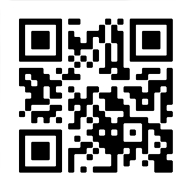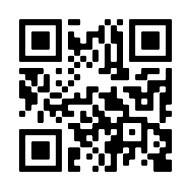The Benefits of Journaling for ESL Students
Journaling is popular for a number of reasons. It can be quite cathartic for expressing emotions and processing different things that happen in life. It is also a way to look back and hold onto special memories or moments. Many therapists and scholars recommend journaling to track daily activities and be mindful of goals as well as feelings. Guess what? Keeping a journal is a valuable tool for English as a Second Language students to become more proficient. Over time as you continue to gain fluency in the English language, you’ll see the progress you’ve made over months of entries. There is nothing quite as satisfying as looking back and seeing how far you’ve come with a language goal, fitness goal, or another academic goal.
The basis of journaling is the practice of writing. The best journals for this practical use are a notebook with lines – no other special supplies necessary! Remember to date each entry with the current date. Journal entries don’t have to have a subject; they can be free writing about anything that is on your mind. The benefits of journaling are many and this disciplined practice is important for several reasons we’ll discuss today!

BUILDS VOCABULARY
First, journal writing helps develop vocabulary. When writing in another language, like English, it will be necessary to find the words to express your ideas. Therefore, it will open up a whole new avenue to add to your vocabulary database.
A RETENTION TOOL FOR ESL STUDENTS
The second benefit to journaling is that when you write about something personal, it ensures learning and remembering new words. Personal experiences are a sure way for vocabulary retention and ultimately to the best way to use words that are meaningful to your experience. For example, writing about something that happened to you during the day, while it is still on your mind, helps you identify missing vocabulary words and their meanings in situations that are relevant to you personally.
AN ACTIVE EXCERCISE
Third, writing in a journal is an active exercise as opposed to a receptive activity like copying from the board or a textbook. When journaling, the writer is using retained information by retrieving it and processing the information to use in written language. The journal writer makes connections between events and how to write about them while analyzing the grammatical structures needed to write them.
JOURNALING IN PAST, PRESENT, & FUTURE TENSE
Finally, there doesn’t have to be a formal topic to write a journal entry. Remember to be consistent and write down the date of the entry. This could be about events that happened during the day, your hopes and dreams, or even about a movie you saw or a book you read. By writing about events that occurred, the writer will use the past tenses and for goals, dreams and hopes, present or future tenses.
Doesn’t this entire blog make you want to go purchase a notebook today? If you can, set aside a time each day for journaling. It doesn’t have to take long; a few minutes here or there will suffice. After some time has passed, go back to the beginning of the journal and see how much improvement has been made. You’ll probably see a drastic improvement not only with your writing but also all of the incredible adjustments you’ve made learning a new language and finding your way in a new culture. Who knows, maybe your journal will be the basis of a bestseller one day!
If you would like to learn more about how we help you achieve your language goals at Excel English Institute, give us a call!














